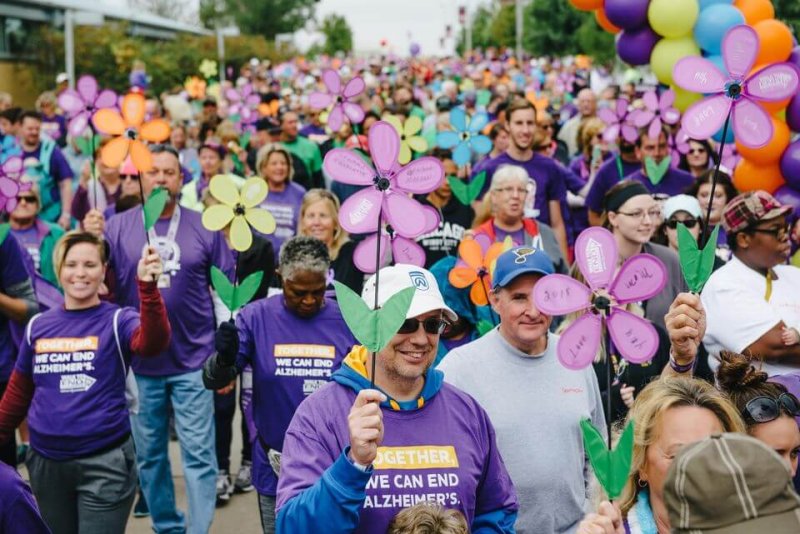5.8 million Americans have Alzheimer’s, with a new person developing the condition about every minute of every day. There is still no treatment that slows progression of the disease, let alone stops or reverses it. There are increasing doubts whether the prevailing theory explaining the foundation of Alzheimer’s is accurate.
“I would have thought we’d be further along by now,” Harry Johns, the [Alzheimer’s] association’s CEO, acknowledged in an interview at the group’s headquarters here.
But to listen to Johns and other association executives is to hear a message of hope: The groundwork is now, finally, being laid for future therapies. New approaches are being explored, and awareness of Alzheimer’s and other forms of dementia — and the desire to address them — has reached critical mass. The past few years have also been a boon for the association, with an increased profile and fundraising reaching a record $365 million in fiscal 2019.
…
The question is whether that outlook reflects a predictably bullish view from an advocacy group — one that should be taken with a dose of skepticism — or a sign that researchers and patients might be on the precipice of progress.































